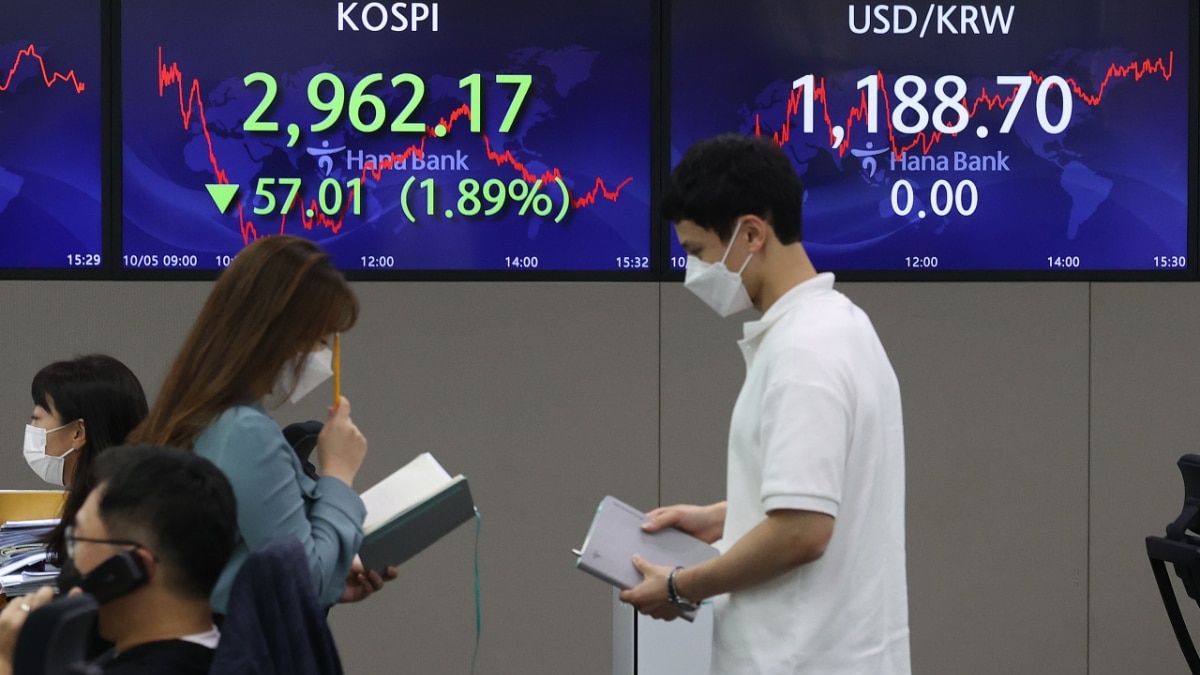Seoul’s financial markets witnessed a significant downturn today as the benchmark index, the KOSPI, plummeted by 1.42%. This sharp decline marks a stark reversal from recent gains and reflects mounting concerns over foreign investor sentiment.
The session opened with cautious optimism, but early trading quickly turned sour as foreign investors opted to offload their holdings. Analysts pointed to escalating geopolitical tensions and global economic uncertainties as key factors contributing to the sell-off.
Throughout the trading day, market sentiment remained somber, with heavy trading volumes observed across sectors. Technology and automotive stocks were among the hardest hit, with several key players shedding significant market value.
“Today’s downturn can largely be attributed to foreign selling pressure,” remarked financial analyst Jung Hye-Jin. “International investors have been increasingly risk-averse amid ongoing uncertainties, particularly surrounding trade policies and economic recovery prospects.”
The sell-off comes amidst a backdrop of lingering concerns over inflationary pressures and central bank policies, both domestically and abroad. The Bank of Korea’s recent decision to maintain its current interest rates had initially buoyed market confidence, but today’s events underscored the fragility of investor sentiment in the face of external shocks.
Domestic institutional investors, meanwhile, showed mixed reactions, with some selectively buying into undervalued stocks while others opted to stay on the sidelines. Retail investors also displayed heightened caution, with trading volumes among individual investors showing a notable decline compared to previous sessions.
Market observers are closely monitoring upcoming economic data releases and corporate earnings reports for signals of a potential market recovery. However, uncertainties persist, and analysts caution that further volatility may be on the horizon.

